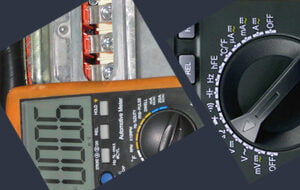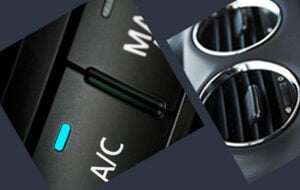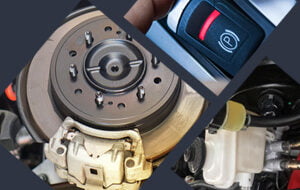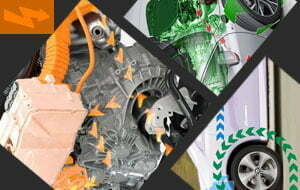Multimeter
Course Details
Electricity is a form of energy used for the operation of many car components.
It is a phenomenon which is in a way certain imaginary and abstract as it cannot be seen or felt, you have to know how it circulates through an electrical circuit to be able to check operation and locate any possible faults. The vast majority of vehicle systems use electricity for operation directly or indirectly, so a working knowledge of it is essential for any repair technician.
The multimeter is a great ally for repair technicians in the event of an operational anomaly. With the multimeter, a technician can know how and how much electricity is flowing through a circuit. In turn, the multimeter also allows you to run other types of tests which are very important for checking components in an electrical circuit or adjusting some mechanisms.
The main objectives of this course are:
- To become familiar with the different types of multimeters on the market
- To understand the characteristics that an automotive multimeter must have when you come to buy one
- To identify the protection category of a multimeter and know its range of electrical measurement
- To take electrical measurements with the multimeter in voltmeter mode
- To take electrical measurements with the multimeter in ohmmeter mode
- To take electrical measurements with the multimeter in ammeter mode
- To know how to operate a clamp ammeter
- To measure frequencies with a multimeter
- To study the different parts of a pulse signal and measure it with a multimeter
- To measure pulse signals in milliseconds (ms)
- To know how to check diodes
- To measure temperatures with a probe compatible with the multimeter
- To measure the rpm of a petrol engine using a specific probe
Course Topics
Introduction (30 minutes)
The Multimeter
Types of multimeters
Characteristics of an automotive multimeter
Safety when taking electrical measurements (28 minutes)
Category of electrical measuring equipment
Precautions during work with measuring equipment
Test of knowledge
Basic measurements (122 minutes)
Voltage measurement (Voltmeter)
Measurement of resistance (Ohmmeter)
Current measurement (Ammeter)
Current measurement with a clamp ammeter
Test of knowledge
Specific measurements (65 minutes)
Frequency measurement
Measurement of pulse digital signals
Measuring pulse time in milliseconds
Diode test
Temperature measurement
Measurement of engine rpm
Measurement of the ignition coil charge
Test of knowledge
Self-assessment (34 minutes)
Self-assessment



